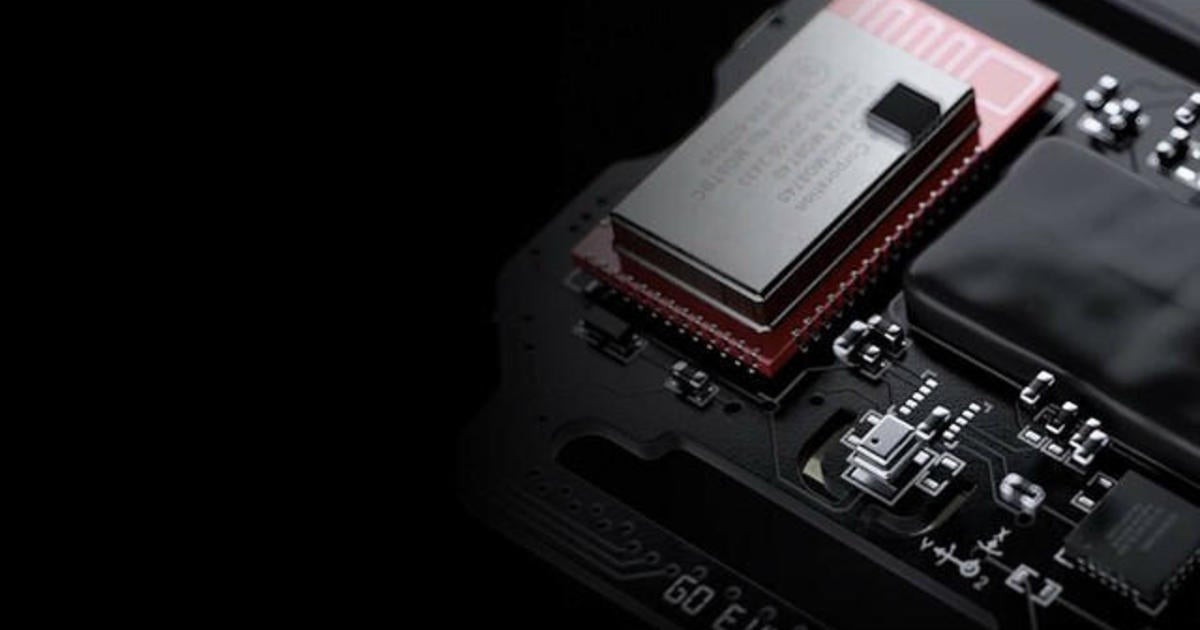Altium’s Role in Economy 4.0: Revolutionizing Electronics Production
As the world embraces Economy 4.0, characterized by digital transformation and smart manufacturing, Altium emerges as a pivotal player in transforming electronics production. This innovative software company is not just keeping pace with the rapid advancements in technology; it is actively shaping the landscape of electronics design and manufacturing. With its cutting-edge solutions, Altium is accelerating design processes and fostering collaboration across various industries, ultimately contributing to a more efficient and innovative economic framework.
The Essence of Economy 4.0
Economy 4.0 refers to the fourth industrial revolution, where the convergence of digital technologies, the Internet of Things (IoT), artificial intelligence (AI), and big data analytics is transforming traditional manufacturing and production processes. This new era emphasizes automation, connectivity, and real-time data processing, enabling businesses to respond swiftly to market demands and innovate at an unprecedented pace.
At the core of this transformation lies the need for flexibility and collaboration among various stakeholders in the production chain. This is where Altium plays a crucial role, providing tools that not only streamline the design of electronic products but also enhance communication between teams, leading to faster innovation cycles.
Altium: A Catalyst for Innovation
Altium’s suite of software solutions, particularly Altium Designer, is designed to meet the needs of modern electronics design. By offering a unified platform that integrates schematic capture, PCB layout, and component management, Altium simplifies the design process. This integration is essential in Economy 4.0, where speed and efficiency are paramount.
One of the key features of Altium Designer is its cloud-based collaboration capabilities. Teams can work together in real time, regardless of their physical location. This feature allows for:
- Improved Communication: Engineers can share designs and feedback instantly, reducing the time spent on revisions.
- Version Control: With cloud storage, teams can track changes and revert to previous versions if needed.
- Access to Resources: Users can access a vast library of components and design templates, accelerating the design process.
Enhancing Productivity through Automation
In a landscape where time-to-market is critical, Altium’s role in automating repetitive tasks cannot be overstated. Automation features in Altium Designer allow engineers to focus on creative problem-solving rather than mundane tasks. For example:
- Automated Design Rule Checks: Designers can ensure compliance with industry standards without manual checks.
- Component Management: Altium’s tools can automatically update component libraries, ensuring that the latest parts are always in use.
- Reporting Tools: Generating reports for manufacturing and compliance can be done with a few clicks, saving hours of manual work.
Facilitating Cross-Industry Collaboration
Another vital aspect of Economy 4.0 is the collaboration between different sectors. Altium’s solutions are designed to break down silos, enabling electronics designers to work alongside software developers, manufacturers, and even marketing teams. This cross-functional collaboration is essential for creating products that meet market needs while being efficient to produce.
For instance, Altium’s integration with various enterprise resource planning (ERP) and manufacturing execution systems (MES) allows for seamless data flow between departments. This results in:
- Better Resource Allocation: Teams can make informed decisions based on real-time data, optimizing resource usage.
- Faster Prototyping: With improved communication and data sharing, prototypes can be built and tested rapidly, leading to quicker iterations.
- Enhanced Product Quality: Collaboration leads to a better understanding of customer needs, resulting in products that are more aligned with market demands.
Driving Sustainability in Electronics Production
Sustainability is a critical concern in today’s economy, and Altium is committed to helping companies reduce their environmental impact. By streamlining the design process and promoting efficient manufacturing practices, Altium encourages businesses to make more sustainable choices. Key initiatives include:
- Design for Manufacturability (DFM): Altium tools help designers create products that are easier and cheaper to manufacture, reducing waste.
- Component Lifecycle Management: The software assists in selecting sustainable components, promoting the use of recyclable materials.
- Energy-Efficient Designs: Altium encourages designs that consume less power, contributing to lower overall energy consumption in products.
Future-Proofing Electronics Production
As we look to the future, Altium’s ongoing commitment to innovation ensures that it will remain at the forefront of the electronics design industry. The company continues to invest in research and development, exploring new technologies such as AI-driven design assistance and enhanced simulation tools.
Moreover, Altium’s focus on user experience means that their software will evolve alongside the needs of designers. As electronics become more complex, the demand for intuitive, powerful design tools will only grow. Altium is poised to meet this demand head-on.
Conclusion
In conclusion, Altium’s role in Economy 4.0 is transformative, revolutionizing electronics production for faster innovation. By providing integrated, cloud-based solutions that enhance collaboration, automate processes, and promote sustainability, Altium is not only meeting the demands of today’s market but also setting the stage for the future of electronics design. As industries continue to adapt to the challenges and opportunities of Economy 4.0, Altium stands out as a crucial partner in driving progress and innovation.
See more Future Tech Daily

